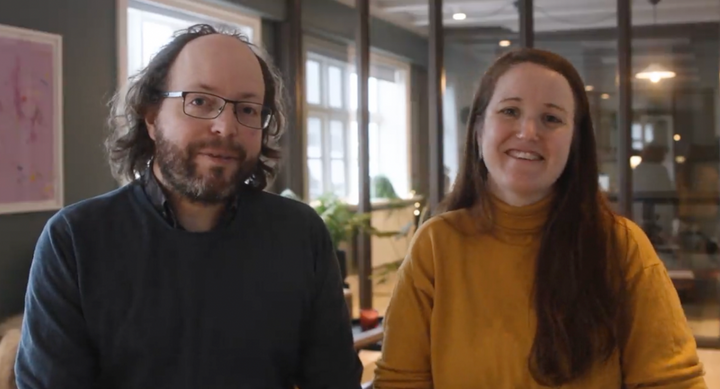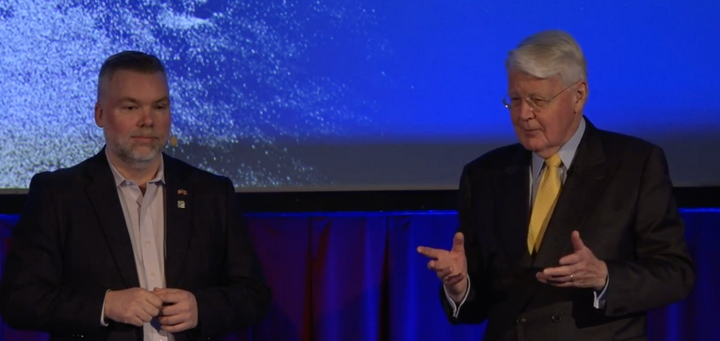How a media personality's change of jobs might influence the tech industry in Iceland
This post is from the Northstack Memo, our newsletter and commentary on recent happenings in the Icelandic startup ecosystem, written by @kiddiarni.
Yesterday, Kjarninn reported that Icelandic media personality Logi Bergmann would be barred from starting a new media job at Árvakur – publisher of Morgunblaðið and owner of K100.5 radio station – for twelve months. The reason? His former employer, 365 (owner of Stöð 2 and Fréttablaðið) is suing, because Logi had a 12 month notice period, as well as a 12 month non-compete after the termination period, barring him from working at another media company.
How does this connect to Icelandic startups? One word: Non-competes.
If this decision will be upheld by courts it could set a dangerous precedent that makes non-competes not only legal but enforceable.
Non-competes bar employees of a company from working for a company in a similar industry for a certain amount of time after their departure from the current company. And they slow down innovation. And are bad.
The claim that non-compete clauses chill innovation should not catch anyone by surprise. Think of Silicon Valley, the world’s technology center. California law forbids Silicon Valley firms from using non-competes, and employees are largely free to move. Workers’ mobility creates knowledge spillovers across firms and throughout the industry, all of which stimulate greater innovation. It was Bob Noyce, the founder of Intel, who hailed “the mobility of our personnel, which quickly diffuses knowledge of new techniques in design, production, and marketing.” (from Fortune)
The clearest example of this is between Silicon Valley in California and Route 128 in Massachusetts. Research suggests that the difference in how the two states deal with non-competes (in California they’re not enforced) had an impact on the growth of Silicon Valley and deterioration of Route 128 (relatively speaking). From the abstract:
[Professor Gilson] contends that legal rides governing employee mobility influence the dynamics of high technology industrial districts by either encouraging rapid employee movement between employers and to startups, as in Silicon Valley, or discouraging such movement, as in Route 128.
Because California does not enforce post-employment covenants not to compete high technology firms in Silicon Valley gain from knowledge spillovers between firms. These knowledge spillovers have allowed Silicon Valley firms to thrive while Route 128 firms have deteriorated. (source)
So, if this issue goes to court and the non-compete will be upheld, it might set a dangerous precedent for Icelandic industry.
Granted, there’s a difference when a company wants to stop a media personality to bounce between media outlets and when engineers move from one tech company to another. But if the findings of the court are very open, it might impact the enforcement of such contracts in Icelandic law as well.




